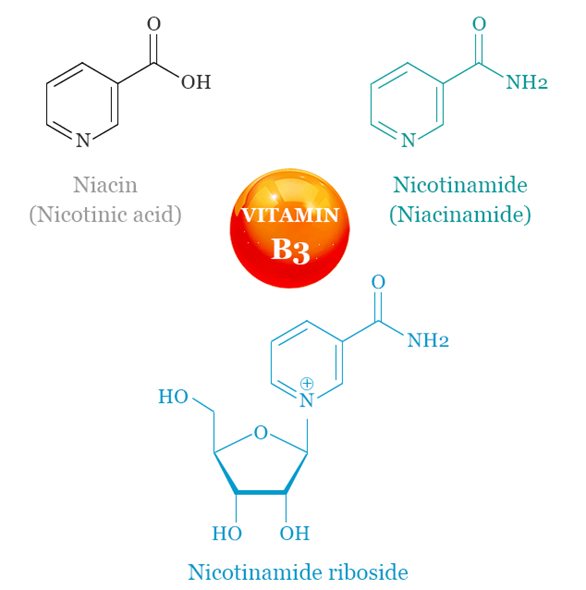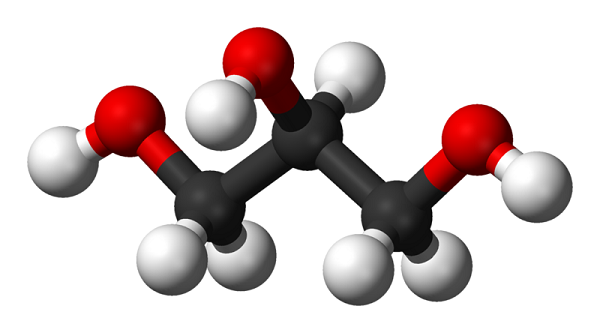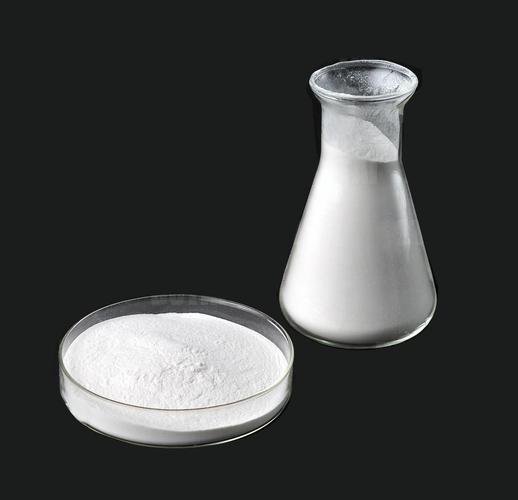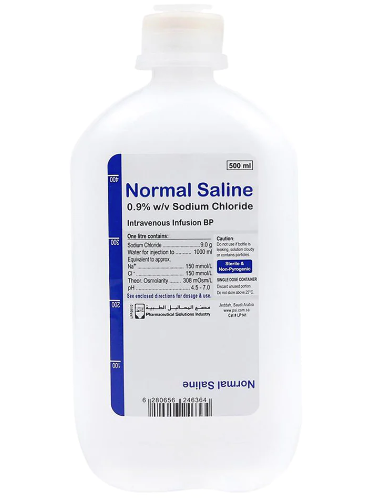Biochemical Engineering is one of the pillar industries of the 21st century and is the interdiscipline of biology, chemistry and engineering, being the general term of biochemical engineering and bio-processing engineering as well as being a branch of biotechnology. It is also one of the frontiers of chemical engineering disciplines and is the means for the conversion of biological technology into productivity, industrialization and commercialization. Biochemical Engineering products are products with animals, plants, microorganisms as raw materials and processing through approaches of biochemical engineering, physics and chemistry. It is widely applied to various kinds of fields including medicine, food, feed, basic organic chemicals, organic acids and bio-pesticides.
What is the Difference between Sunflower Lecithin and Soy Lecithin?
The most popular lecithins currently include sunflower lecithin and soy lecithin. This article will introduce their differences.
Mar 26,2024 Biochemical EngineeringNiacin vs Niacinamide vs Nicotinamide Riboside: what's the difference?
Nicotinic acid, nicotinamide and nicotinamide riboside are the vitamin B3 precursors of nicotinamide adenine dinucleotide (NAD) in the human diet.
Mar 21,2024 Biochemical EngineeringWhat is the use of the ALC-0159?
ALC-0159 is a polyethylene glycolated lipid that can be used as a vaccine excipient and has been used in the pharmaceutical field to form lipid nanoparticles (LNPs) for the delivery of RNA.
Mar 18,2024 Biochemical EngineeringIs glycerin halal?
Glycerin is produced industrially, usually as a by-product of soap manufacture, from oils and fats. It can be made from animal fat or, in the case of vegetable glycerin, vegetable oil.
Mar 18,2024 Biochemical EngineeringALC-0315: Application and Synthesis
ALC-0315, also known as ((4-hydroxybutyl)azanediyl)bis(hexane-6,1-diyl)bis(2-hexyldecanoate), is an ionisable amino lipid.
Mar 18,2024 Biochemical EngineeringDoes thymosin beta 4 cause cancer?
Thymosin beta 4 may play an oncogenic role in NSCLC progression.
Mar 18,2024 Biochemical EngineeringWhat is 1,2-Dipalmitoyl-sn-glycero-3-phosphoethanolamine used for?
1,2-Dipalmitoyl-sn-glycero-3-phosphoethanolamine (DPPE) is an important component of biological membranes and is a phospholipid member of the glycerophosphatidylethanolamine family.
Mar 15,2024 Biochemical EngineeringSalcaprozate Sodium: Uses, Side Effects and Related Research
Salcaprozate Sodium (SNAC) is a synthetic N-acetylated amino acid derivative of salicylic acid widely used as a carrier for orally administered drugs.
Mar 15,2024 Biochemical EngineeringDiscover Multifunctional Hydroxypropyl Methylcellulose (HPMC)
Hydroxypropyl methylcellulose (HPMC) is a remarkable compound, manifesting in a white or off-white powder form.
Mar 7,2024 Biochemical EngineeringDoes Saline solution expire?
Physiological sodium chloride solution normally has a shelf life of 24 months. Deterioration and bacterial growth will usually occur if it exceeds the validity period.
Mar 5,2024 Biochemical Engineering












